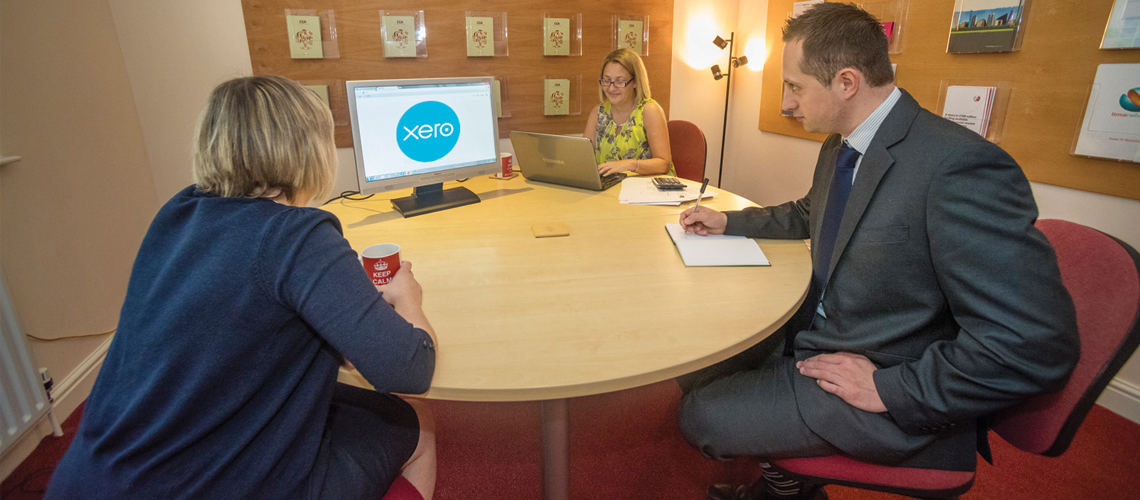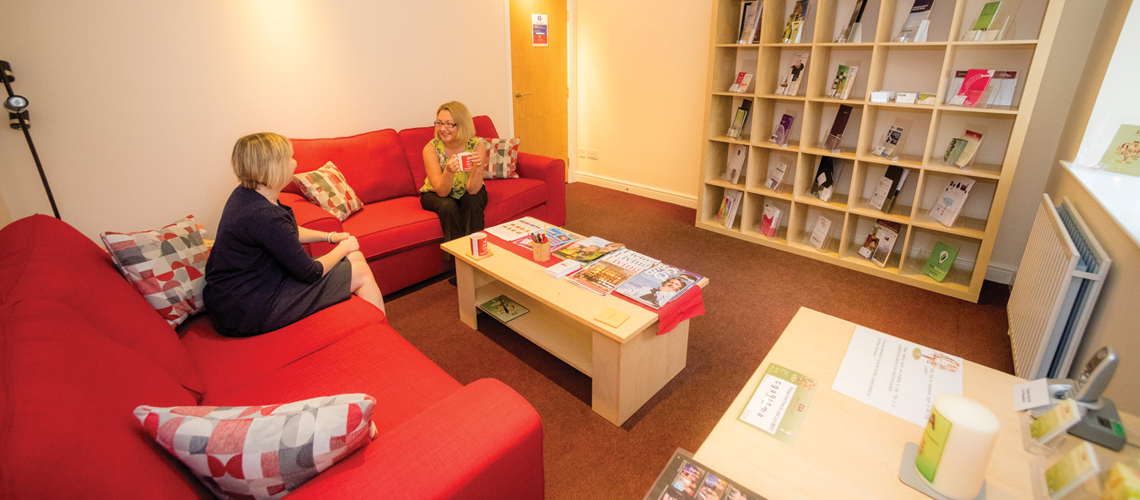The chancellor announced on the 14th July that he has commissioned a review of Capital Gains Tax (CGT) in relation to individuals and smaller businesses, asking the Office of Tax Simplification to consider the overall scope of the tax and the rates which apply.
What will the Treasury’s tax gurus investigate?
The Chancellor has asked the Office of Tax Simplification (OTS), an independent arm of the Treasury, to identify opportunities to simplify capital gains tax in relation to individuals and small businesses.
Capital gains on assets ranging from shares to second homes and buy-to-lets are traditionally taxed at lower levels than income because people are taking a risk – whether an entrepreneurial one, or via their investments.
The annual exempt amount is currently £12,300, and after that CGT rates are 10 per cent if you are a basic rate taxpayer and 20 per cent if you are a higher or additional-rate taxpayer.
The rates are 18 per cent and 28 per cent respectively for capital gains made on residential property – excluding main residences.
But there is a vast array of rules and exemptions underlying the system, which has created all sorts of loopholes and incentives that weren’t originally intended by the Government.
Speculation……
- the main rate of CGT of 20% is set too low, and some have suggested that it should be aligned to the income tax rates, up to 45%.
- Capital Gains Tax rates have been low for many years, and therefore it seems to be an obvious source of income for the Government to consider when looking at how to recuperate the cost of Covid-19
- Cutting or reducing Main Residence Relief – the relief could become subject to a per transaction or lifetime cap or abolished completely
- The current CGT annual allowance could be reduced
- Review CGT uplift on death. In effect, CGT is overlooked when an individual dies and they hold taxable assets that have appreciated in value. This is because when the assets are transferred to someone else, normally a spouse or family member, they are ‘re-set’ for CGT purposes. Instead, the assets may be subject to Inheritance Tax (IHT). The Treasury may explore changes in this area.
- Capital Gains that lie outside the current system, such as winnings from gambling – including lotteries – may no longer be exempt.
- Entrepreneurs’ relief’ for assets relating to businesses – aimed at encouraging entrepreneurship – means gains are taxed at a lower 10 per cent. Now renamed business asset disposal relief, the applicable lifetime gain was already cut from £10million to £1million, but it could be reformed again or abolished.
The role of the OTS is to offer proposals to simplify certain areas of UK tax – however, they have occasionally strayed into making policy recommendations, which is not strictly within their remit.
‘There is a very compelling case for tax reform and simplification generally.
There are five different CGT rates which could apply for an individual realising a capital gain – 0/10/18/20/28 per cent.
There is a good argument to say that there should be a single flat rate of CGT.
There is also an argument to abolish CGT (and inheritance tax) completely – the taxes combined raise less than 1 per cent of total tax revenue for the Treasury, but there is significant cost of administration for HMRC to manage the collection of the tax.
While the treasury are down playing the review, it is clear that reform is certainly a possibility!




















